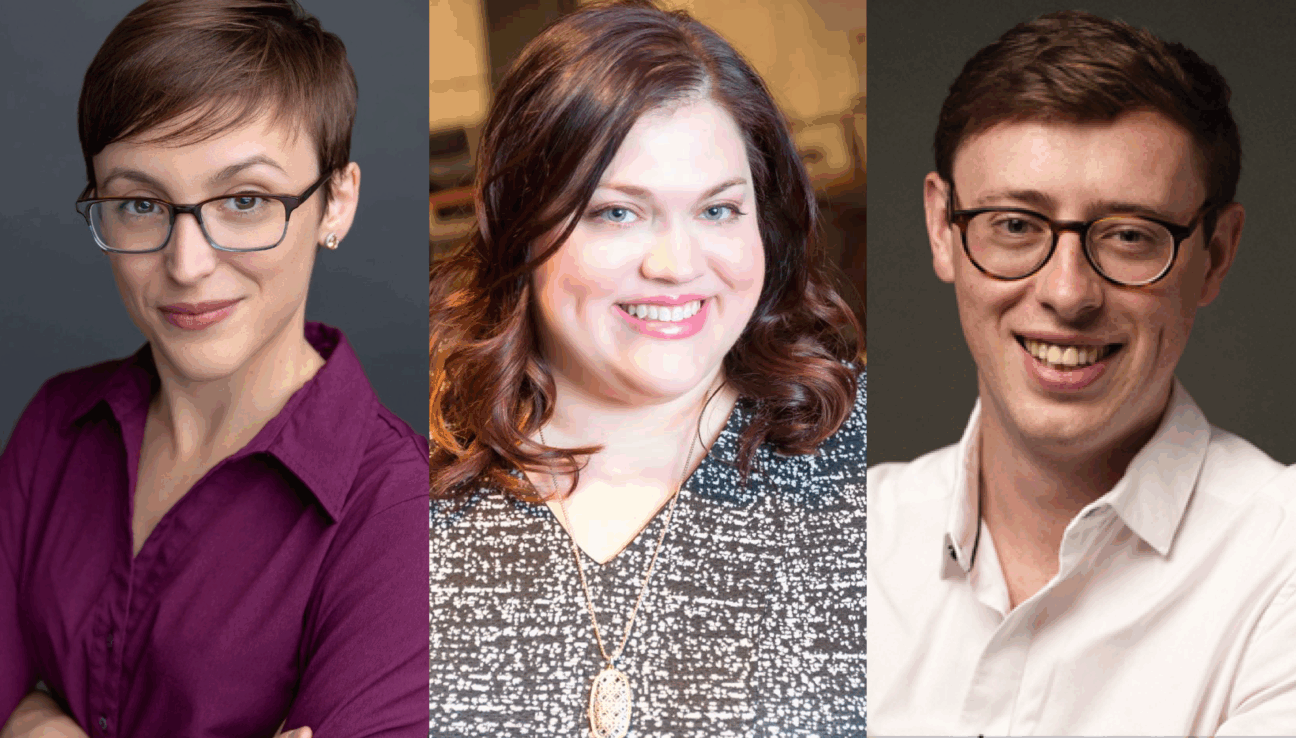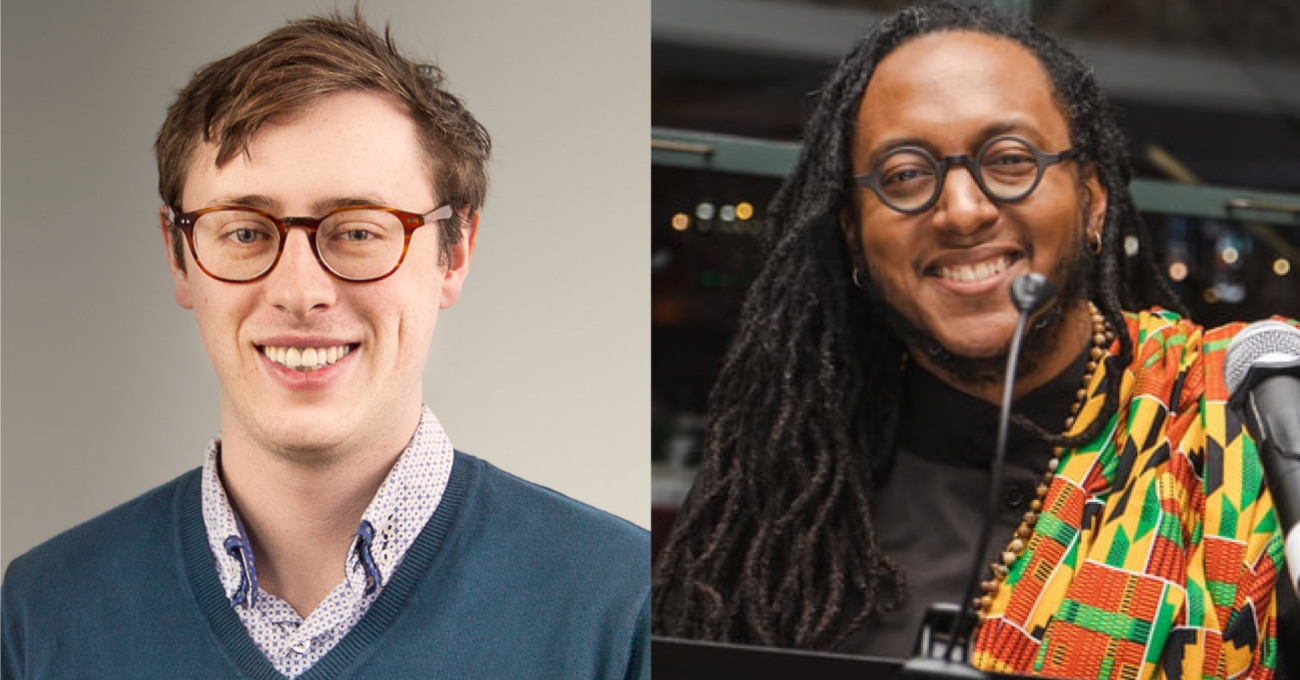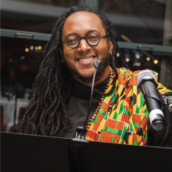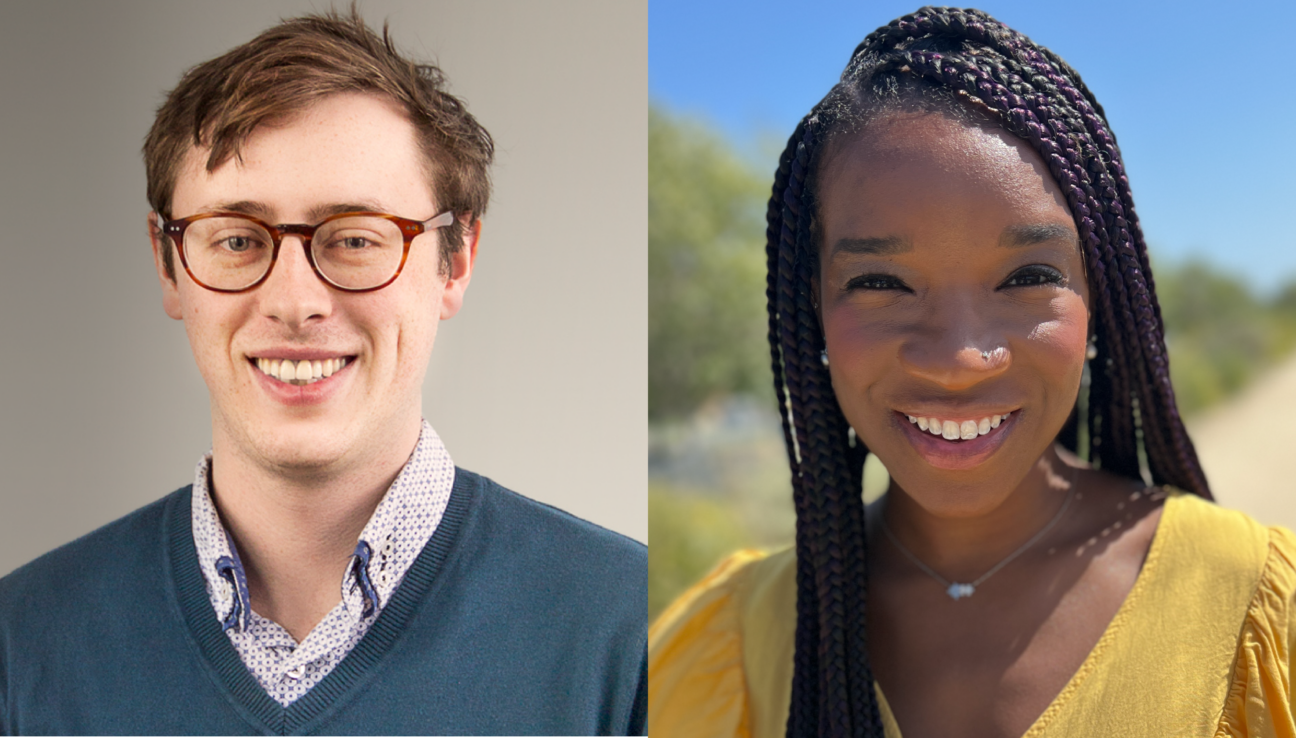
Marketing and development teams in arts and cultural organizations work toward the same goals: generating revenue, deepening relationships, and advancing the mission. But too often, they’re doing that work in silos—on separate timelines, using different tools, and speaking to the same audiences in different ways. The result? Missed opportunities and diminished impact.
In this episode, Cincinnati Shakespeare Company’s Director of Marketing, Jeanna Vella, and Director of Development, Sara Clark, share what happens when we break down silos and create true cross-departmental partnerships. They reveal the tools and tactics that keep their teams aligned, the hurdles they’ve worked through, and what any organization can do to build stronger alignment between marketing and development.




